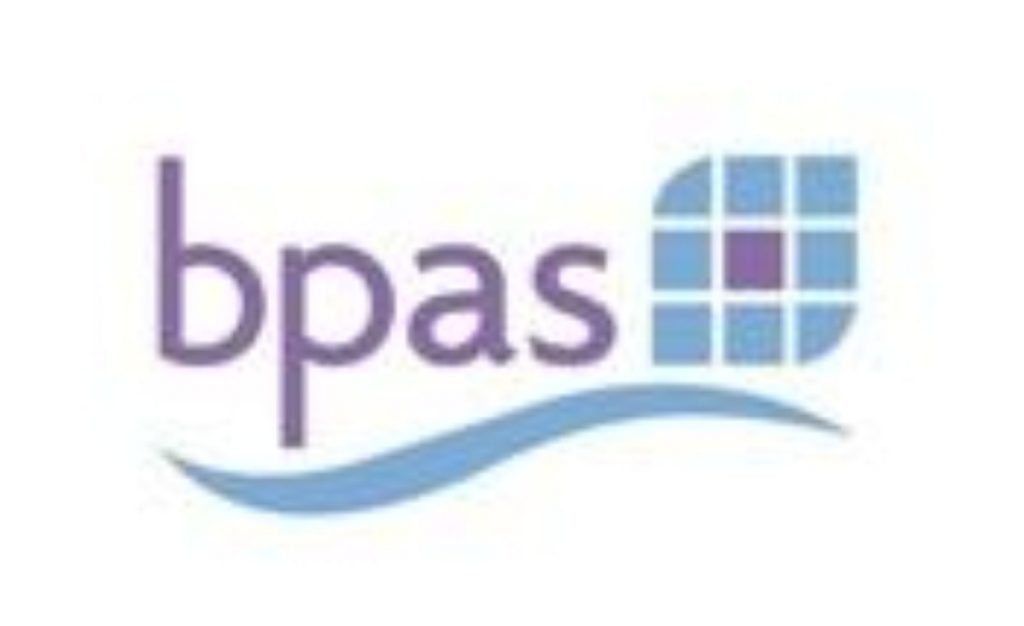BPAS Comment on Human Rights Watch report detailing the human rights violation of Irish women in respect of lack of access to abortion in Ireland
Ann Furedi, Chief Executive of BPAS, the charity which provides abortions and contraception in Great Britain to women travelling from the Republic of Ireland, said
‘This carefully-evidenced report sheds further light on the extreme hardship that the Irish abortion ban places upon women and girls in Ireland.
Every day at BPAS clinics we care for women forced to travel from Ireland to seek abortion care. They tell us of their distress that their own government dishonourably inflicts this burden upon them at what is already a very difficult time for themselves and their families. The Irish government urgently needs to drag its care for women into the modern world.’
ENDS
NOTES for EDITORS
For more information, or to request an interview with BPAS’ Chief Executive or Medical Director, please call the BPAS press office on 07788 725 185 or 020 7612 0206.
BPAS, (the British Pregnancy Advisory Service) has been a registered charity since 1968, and is the UK’s leading sexual and reproductive healthcare provider. As well as contraceptive advice and treatment, BPAS carried out around 60,000 terminations of pregnancy in 2008. 94% per cent of all BPAS’ not-for-profit treatments were carried out on behalf of the NHS. Typically non-NHS funded clients have travelled for care from the Republic of Ireland, Northern Ireland or Italy, locations where access to safe, legal abortion is restricted by law. BPAS has centres across England, Wales and Scotland. Please see www.bpas.org for further information.
Doctors agree that in countries where safe, legal abortion is not available, women’s lives are put at risk. One woman dies every 8 minutes after an unsafe abortion, according to the World Health Organisation. Unsafe abortions carried out by untrained persons under poor hygiene conditions leave many thousands more women with severe long-term health problems.
Opinion polls of the general public in Ireland show that 90% of 18-45 year olds support abortion in certain circumstances, with 51% stating that women should always have to right to choose an abortion (2004 Crisis Pregnancy Agency). In 2007, an Irish Times Behaviour and Attitudes Poll found that 54% of women believe the Government should act to permit abortion.
A 2007 weighted, representative poll of major British faith groups- including Catholics and Protestants- showed definitive support for a woman’s right to have an abortion in cases of unwanted pregnancy. http://www.catholicsforchoice.org/news/pr/2007/PollshowsUKCatholicsandProtestantssupportabortion.asp.
Legal abortion is safe, because it is provided under the appropriate medical supervision. For most women, having an abortion poses fewer medical risks than going through pregnancy and birth. See the Royal College of Obstetricians and Gynaecologists’ (RCOG) information on this for more details. The UK’s 1967 Abortion Act requires that two doctors must agree that the risk to a woman’s physical or mental health, or the risk to her children’s physical or mental health will be greater, if she continues with the pregnancy than if she ends it. This applies up until 24 weeks’ gestation. The 1967 Act does not apply in Northern Ireland.
Bans on abortion access also mean that modern non-surgical, non-invasive abortion methods requiring no anaesthesia are not able to be offered to women. The option of medical abortion (‘the abortion pill’ used under 9 weeks) represents a significant advancement in reproductive health care. Irish women are either not able to access medical abortion because of the delays and difficulties which travel imposes, or may be accessing it in less than optimal conditions.
WHO also states that each year nearly 42 million women faced with an unplanned pregnancy have an abortion, and about 20 million of them resort to unsafe abortion- often self-induced or obtained clandestinely.
The UK’s Royal College of Obstetricians and Gynaecologists, (RCOG) states that ‘At least one-third of British women will have had an abortion by the time they reach the age of 45’ (see p1, ‘Care of women requesting induced abortion’, Evidence-based Guideline Number 7, Sept 2004).





-01.png)